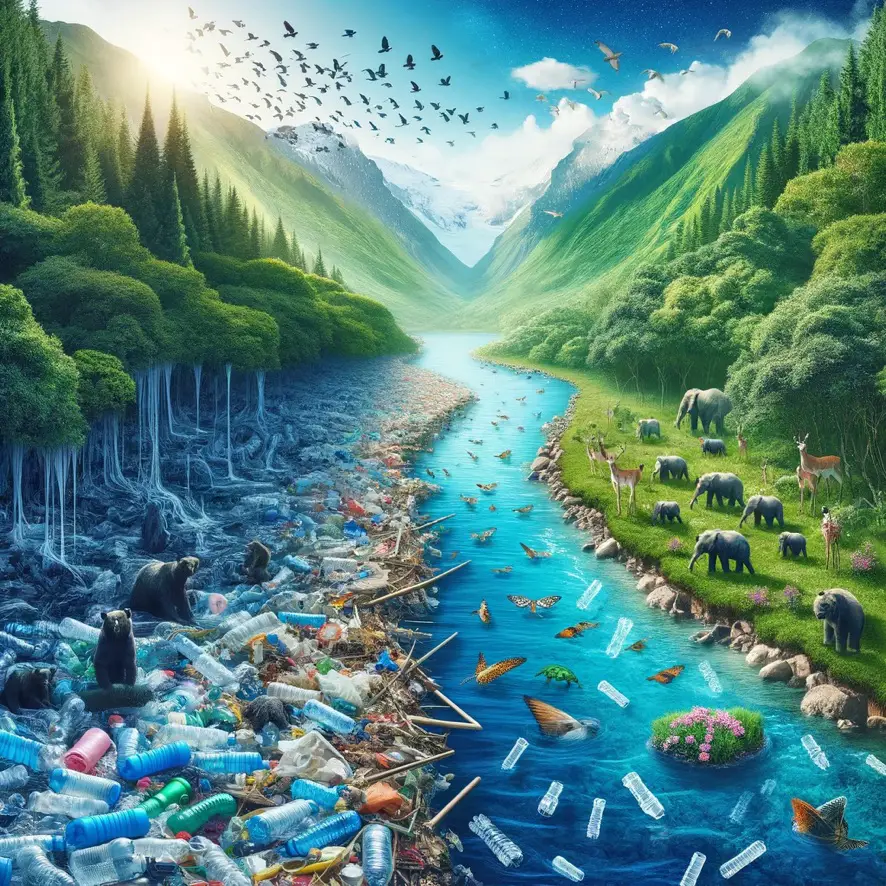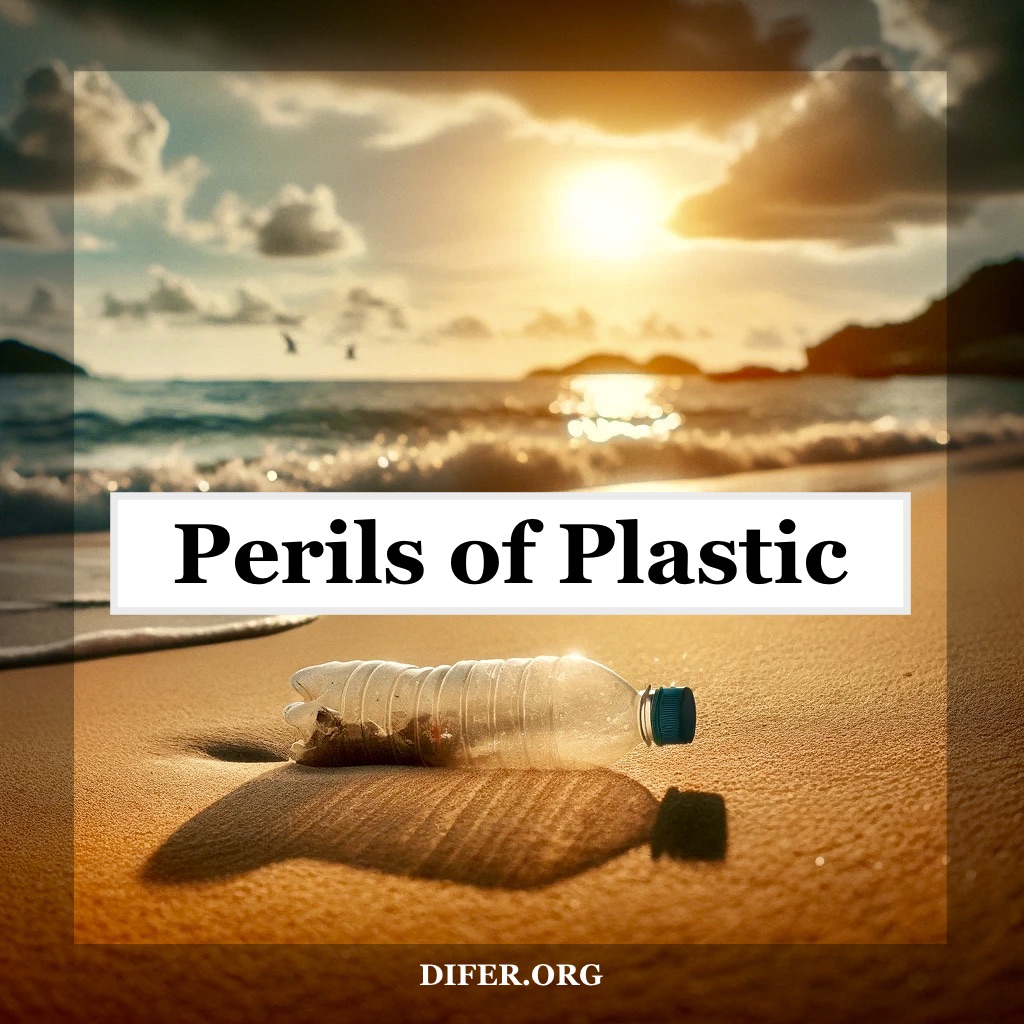Environmental and Health Concerns
The convenience of plastic water bottles is eclipsed by the significant environmental and health risks they pose. As the consumption of bottled water rises globally, the effects of using single-use plastic bottles become increasingly disastrous, both for our health and the planet. Here are reasons why drinking from plastic bottles is detrimental and actionable solutions to mitigate these issues.
Environmental Impact
Plastic bottles are made from petroleum-derived materials and require a substantial amount of fossil fuels for production and transportation. This process emits considerable amounts of greenhouse gases, contributing to global warming and climate change. Moreover, plastic bottles exacerbate the global waste crisis. It’s estimated that millions of tons of plastic waste end up in landfills and oceans each year, posing a threat to wildlife and ecosystems. In the ocean, plastic bottles break down into microplastics, which are ingested by marine life, thus entering the food chain and potentially impacting human health.
Health Concerns
Plastic bottles contain chemicals like Bisphenol A (BPA) and phthalates, which can leach into the water they hold, especially when exposed to heat or stored for extended periods. These chemicals are endocrine disruptors, linked to a range of health issues, including hormonal imbalances, reproductive problems, and increased risk of certain cancers. The health risks associated with these chemicals have led to a growing concern over the safety of consuming water from plastic bottles.

What Can We Do?
Shift to Sustainable Alternatives
Switching to reusable water bottles made from stainless steel, glass, or BPA-free plastics is a simple yet effective step. These alternatives are not only safer for health but also significantly reduce the demand for single-use plastics.
Support Recycling Initiatives
Participating in recycling programs can help mitigate the environmental impact of plastic bottles. However, recycling alone is not the solution, given the low recycling rates worldwide and the energy-intensive process of recycling plastics.
Advocate for Systemic Change
Supporting policies that reduce the production and consumption of single-use plastics can lead to significant environmental benefits. Advocacy for stricter regulations on plastic production and waste management is crucial.
Educate and Raise Awareness
Spreading awareness about the impacts of plastic bottles on health and the environment can encourage more people to make sustainable choices. Education plays a key role in changing consumer behavior and fostering a culture of sustainability.
The reliance on plastic bottles is a pressing issue that demands immediate attention due to its adverse effects on health and the environment. By adopting sustainable alternatives, supporting recycling and policy changes, and raising awareness, we can collectively address this challenge. The shift away from plastic bottles towards a more sustainable and health-conscious approach to hydration is not only beneficial for our well-being but is also a crucial step towards preserving the planet for future generations. Adopting eco-friendly practices, such as using reusable water bottles, can significantly mitigate the environmental and health hazards associated with plastic bottles, leading us towards a healthier planet and future.
Please read SAVING with a Water Bottle for ways to help the environment and save money with a stainless steel water bottle.
Saving with a Water Bottle
For more ways to help the environment and save money, please read:
Green Ways to Save Green: Eco-Friendly Ways to Save Money
Less Waste with a Bidet!
Natural Beauty

DIFER.ORG is committed to reducing waste





